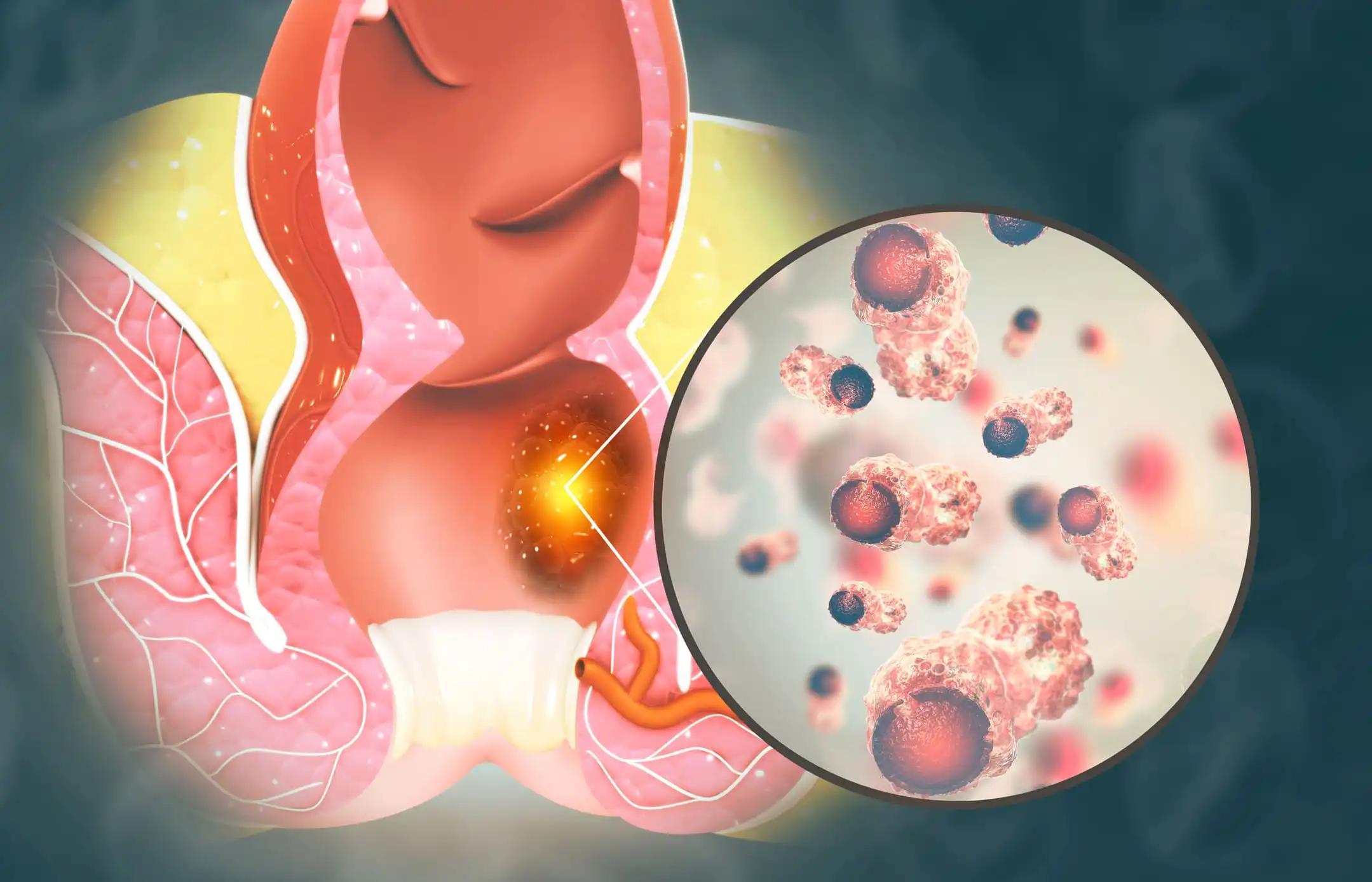KEY TAKEAWAYS
- The study aimed to explore the impact of H. pylori infection-induced gastrointestinal issues on the risk of T2DM.
- The study revealed associations between H. pylori antibodies, gastroduodenal issues, and T2DM, suggesting potential prevention strategies.
Previous observational studies have indicated an association between the risk of Type 2 diabetes mellitus (T2DM) and gastrointestinal complications arising from Helicobacter pylori (H. pylori) infection and gastric cancer. However, the precise influence of these factors on T2DM remains inadequately understood.
Mei Sun and the team aimed to investigate the impact of H. pylori infection-induced gastrointestinal issues on the risk and progression of T2DM.
The study utilized data from the GWAS database on H. pylori antibodies, gastroduodenal ulcers, chronic gastritis, gastric cancer, T2DM, and potential mediators such as obesity, glycosylated hemoglobin (HbA1c), and blood glucose levels. Univariate Mendelian randomization (MR) and multivariate MR (MVMR) analyses were employed to assess the association between H. pylori and related gastrointestinal diseases with the risk of developing T2DM. Additionally, the presence of mediators was explored to elucidate potential underlying mechanisms.
The results revealed that genetic evidence indicates a significant association between H. pylori IgG antibody (P = 0.006, b = 0.0945, OR = 1.0995, 95% CI = 1.023-1.176), H. pylori GroEL antibody (P = 0.028, OR = 1.033, 95% CI = 1.004-1.064), gastroduodenal ulcers (P = 0.019, OR = 1.036, 95% CI = 1.006-1.068), and chronic gastritis (P = 0.005, OR = 1.042, 95% CI = 1.012-1.074) with an increased risk of Type 2 diabetes mellitus (T2DM).
Furthermore, H. pylori IgG antibody was associated with obesity (P= 0.034, OR= 1.03, 95% CI= 1.002-1.055). Multivariate Mendelian randomization (MVMR) results indicated that the pathogenic relationship between H. pylori GroEL antibody and gastroduodenal ulcer in T2DM is mediated by blood glucose level and obesity, respectively.
The study concluded that H. pylori IgG antibody, H. pylori GroEL antibody, gastroduodenal ulcer, and chronic gastritis are all associated with T2DM. Additionally, blood glucose level and obesity were found to mediate the development of H. pylori GroEL antibody and gastroduodenal ulcer in T2DM, respectively. These findings have implications for developing novel prevention and intervention strategies for T2DM.
Funding was received by the National Natural Science Foundation of China, Natural Science Foundation of Liaoning Province, Liaoning Revitalization Talents Program, Key Research and Development Program of Liaoning Province, Natural Science Foundation of Tibet Autonomous Region.
Source: https://pubmed.ncbi.nlm.nih.gov/38652719/
Sun M, Zhang Z, Zhang J, et al. (2024) “Causal relationships of Helicobacter pylori and related gastrointestinal diseases on Type 2 diabetes: Univariable and Multivariable Mendelian randomization.” PLoS One. 2024 Apr 23;19(4):e0300835. doi: 10.1371/journal.pone.0300835. PMID: 38652719.



